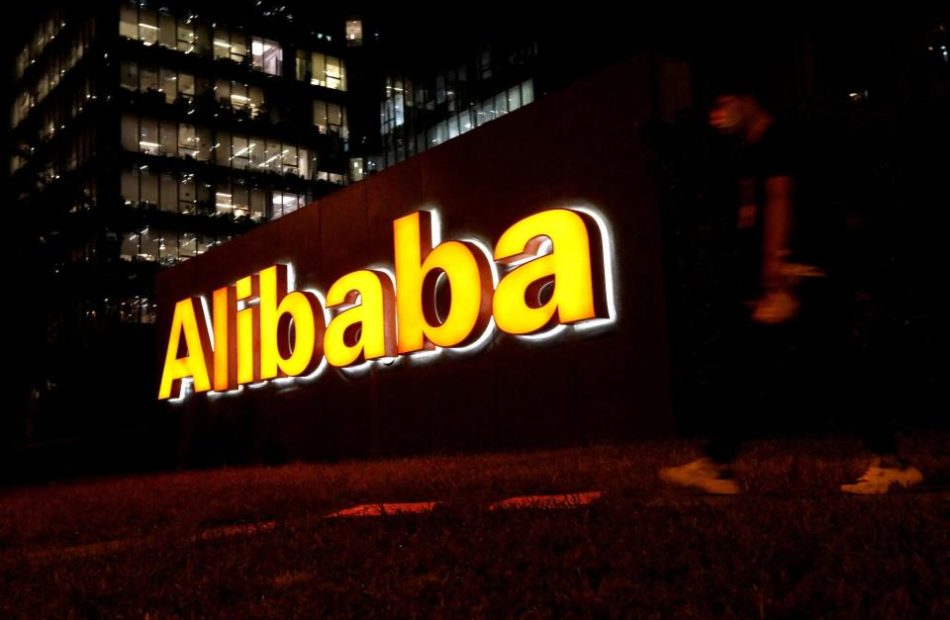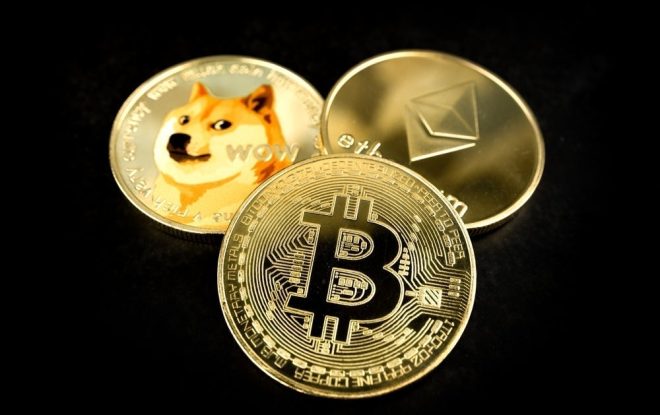Alibaba's Sun Art suspends Hong Kong trading, sparking divestment speculation
China’s largest hypermarket operator has suspended the trading of its Hong Kong-listed stock since Friday pending an announcement on mergers and acquisitions, fanning speculation that Alibaba Group Holding may divest its controlling shares.
Alibaba took control of Sun Art Retail Group from the Mulliez, a wealthy French family, for HK$28 billion (US$3.6 billion) in October 2020, as the e-commerce giant sought to synergise online shopping and offline hypermarkets under a “new retail” model.
Sun Art shares traded most recently at HK$1.79, down about 78 per cent from the price per share of about HK$8.1 that Alibaba paid at the time of its investment. Alibaba is the owner of the South China Morning Post.
Do you have questions about the biggest topics and trends from around the world? Get the answers with SCMP Knowledge, our new platform of curated content with explainers, FAQs, analyses and infographics brought to you by our award-winning team.
Sun Art did not provide details about potential takeovers or mergers in its stock exchange filing. The company declined to comment further. Alibaba did not immediately respond to a request for comment on Monday.
An Alibaba office building in Beijing. Photo: Reuters alt=An Alibaba office building in Beijing. Photo: Reuters>
The wait has raised market speculation about a partial or complete sell-off of Alibaba’s Sun Art stake. The hypermarket operator has attracted “preliminary interest” from private equity firms, including DCP Capital and Hillhouse Investment, Bloomberg reported on Friday, citing unnamed sources.
A divestment by Alibaba is likely, according to analysts.
“There is a great chance that it will involve a change in equity, and in that case, the possibility of a change in Alibaba’s equity is relatively high,” said Kenny Ng, a strategist at Everbright Securities International.
“After all, Alibaba holds the majority of [Sun Art’s] shares.”
A sell-off by Alibaba would be in line with its recent moves to trim noncore assets and sharpen its focus on core businesses amid mounting challenges, including rising e-commerce competition and slow revenue growth.
“Now the big e-commerce platforms mainly concentrate on the lower-tier markets and operate under more competitive pressure, and it has become a general trend to shrink some noncore businesses,” said Ng.
A divestment could signal a change in Alibaba’s strategic positioning, according to Bai Wenxi, chief economist of China Enterprise Capital Union.
Sun Art’s stores, which mainly include supermarket brands RT-Mart and Auchan, have pursued a new retail strategy after coming under Alibaba’s control.
The hypermarket chain has connected its inventory with multiple Alibaba platforms, including on-demand delivery service Ele.me, fresh food delivery service Taoxianda and Tmall Supermarket.
An RT-Mart hypermarket in Shanghai. Photo: Bloomberg alt=An RT-Mart hypermarket in Shanghai. Photo: Bloomberg>
But past Covid-19 restrictions, as well as the “many trials and costs” involved in the integration process, have slowed development, according to Ng.
He expected things to get better after Alibaba said in August that most of its businesses other than e-commerce and cloud computing are expected to break even in a year or two.
The Hangzhou-based e-commerce giant has continued to consolidate its retail assets since last year, as the company seeks to refocus on its bread-and-butter e-commerce and cloud businesses amid a sprawling restructuring process unveiled in March 2023.
The company has been mulling the sales of many of its noncore operations, such as physical retail.
Sun Art’s revenue declined by 13.3 per cent year on year to 72.6 billion yuan (US$10.3 billion) during the financial year ended March 31, due in part to the contraction of its supply chain business and store closures.
This article originally appeared in the South China Morning Post (SCMP), the most authoritative voice reporting on China and Asia for more than a century. For more SCMP stories, please explore the SCMP app or visit the SCMP’s Facebook and Twitter pages. Copyright © 2024 South China Morning Post Publishers Ltd. All rights reserved.
Copyright (c) 2024. South China Morning Post Publishers Ltd. All rights reserved.





Leave a Reply